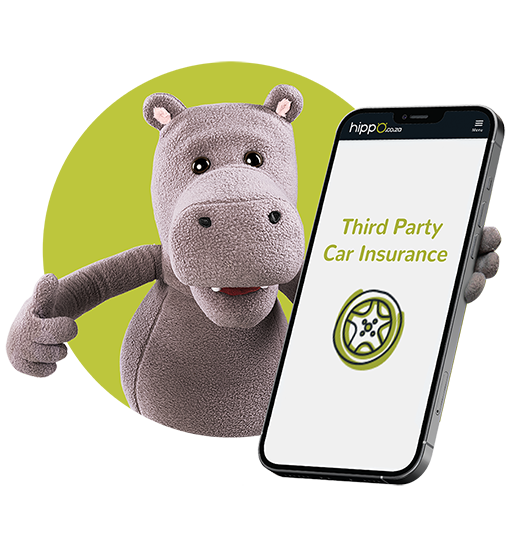3rd Party Insurance: Affordable Vehicle Cover
Third Party Car insurance offers a basic and more affordable form of cover for your car by covering the damages that you have caused to other parties and their property in the event that you are responsible for an accident.















